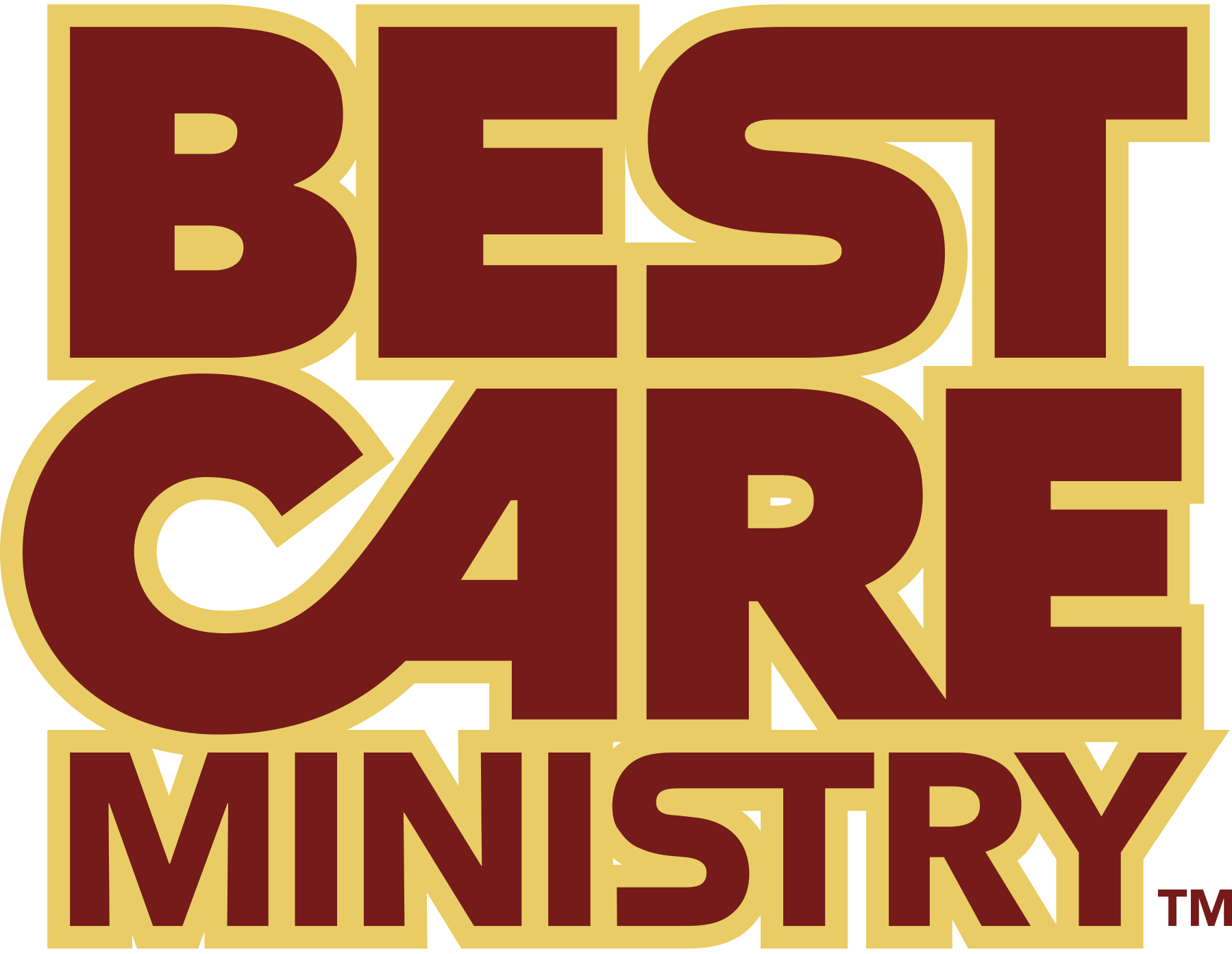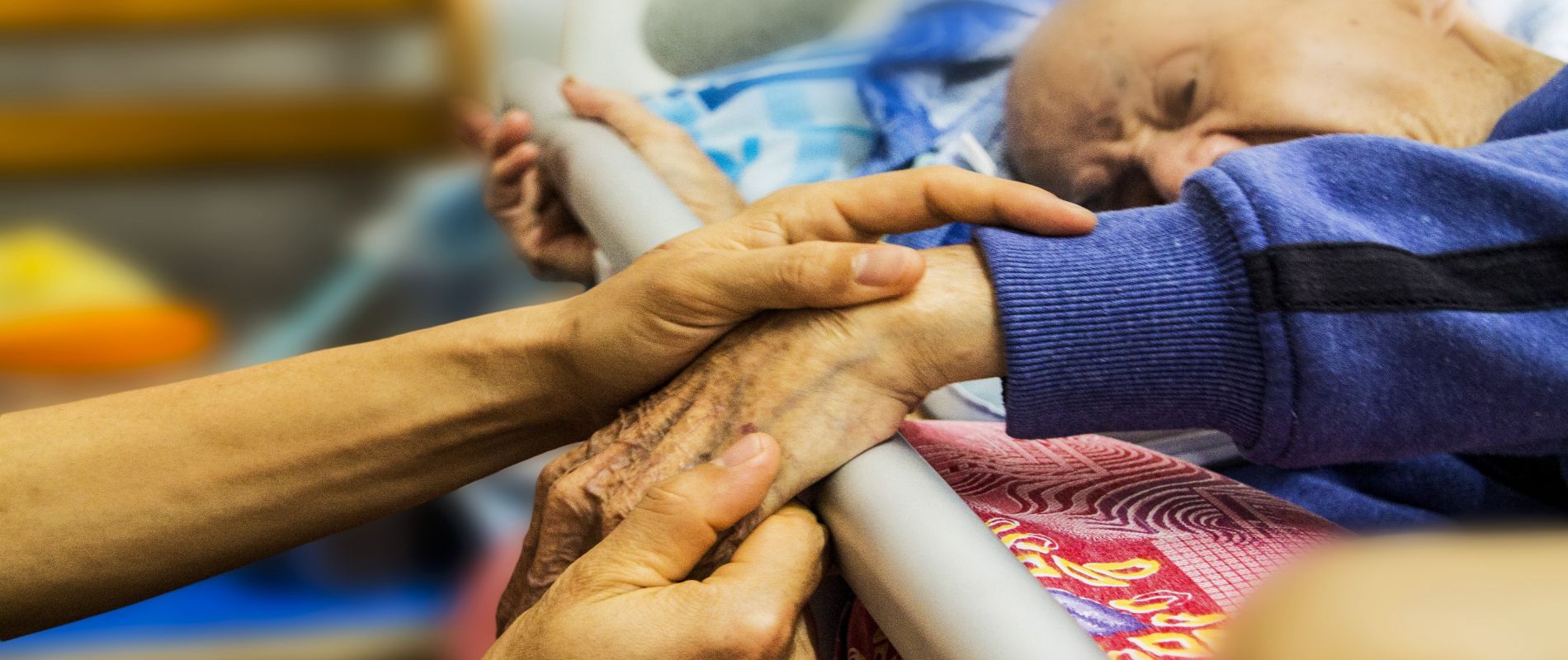Here are 10 Tips from CaringBridge.

You've probably heard of CaringBridge. I've been following a friends cancer journey.
This journey has been going on for about a year. The 90 minute drives, one way, to the oncology center for diagnosis, tests, chemo treatments, more tests and more treatments have been many. Sometimes there have been weeks of hospitalization and isolation.
The drama has been high. I can't imagine how exhausting this journey has been for the whole family and a few friends.
Other traumas have interrupted the plans and expectations for a normal life. I met a teenage girl in a wheel chair. "The adult driver of the car I was in was drunk. I was thrown out of the car when she lost control around a turn at 100mph." Now, a quadriplegic in the home of a single mother, her mom is exhausted.
A special needs child or an Alzheimer's diagnosis has inflicted many families with a burden to heavy to bear.
As you know, this only begins the list. Do the math. Eventually a situation like this touches a large part of our population -- maybe all of us.
The following article from the CaringBridge blog, addresses the problem of caregiver strain. Go to their website to read the full article.
www.caringbridge.org/resources/caregiver-role-strain/
"10 Tips for Managing Caregiver Role Strain
The good news is, there are a lot of ways to manage caregiver role strain. Because when you are able to manage these symptoms, not only can you show up for your loved one, but you can show up for yourself. You matter, too.
1. Stay Organized
Between appointments, trips to the store, making dinner, going into work – life can get away from you pretty fast.
Start each day with a to-do list, or block out time in your calendar to get the top priorities done. That way you will feel like you have some direction and control. Be flexible, and don’t sweat if you have to adjust each day.
Keeping a calendar, budget, grocery list, and book of different passcodes (there are so many “patient portals” to log in to these days!) will help you regain a little sanity in your everyday life.
2. Focus on What You Are Able to Provide
You don’t have all the answers, and sometimes there are limits to what you can do to help. Set realistic goals for yourself. This is not to say don’t be optimistic or hopeful! But find the things you know you can provide.
For instance, you may be able to offer a warm meal each night, an afternoon walk or helping them get dressed in the morning. On the other hand, ask for help for the things you know you can’t provide, such as injections, physical therapy, or lifting them into bed.
3. Build a Caregiver Support Team
They say it takes a village to raise a child, and caregiving is no different. It’s easy to feel like everything is up to you when it’s just you and your loved one in the home. But you are not alone.
Form a care team! Find ways to loop in other family or friends. It will take some of the strain and responsibility off you, and it can help them know they still have a place in their loved one’s life.
Tip: Our free CaringBridge online health journal allows you to update everyone at once, so all your loved ones are on the same page. Our on-site Planner helps you coordinate tasks like bringing meals, rides to doctor appointments, or taking care of pets, which can help take some of the strain off of you.
Start a CaringBridge Site When you’re going through a health journey, you have a lot on your plate. CaringBridge replaces the time-consuming task of sharing your health news over and over. It’s a free, easy to use online journal for sharing health information with your family and friends.
Don’t go through your health journey alone.
You can stay connected to friends and family, plan and coordinate meals, and experience love from any distance.
All of this is ready for you when you start your personal CaringBridge site, which is completely free of charge, ad-free, private and secure. Don’t spend another minute alone!
4. Seek Respite Care
Consider adding to your support team to get you and your loved one the help you need. If you’re financially able, there are a few respite care options available.
A home healthcare aide comes in to provide medical assistance, companionship, or both. There are different adult care centers or programs for care during the day. Some nursing or care facilities offer short term stays so that you can take the vacation you need, knowing your loved one is in good hands.
5. Apply For a Leave From Your Out-of-Home Job
Caregiver role strain can be much more intense when you are balancing caregiving with childcare, and a full-time job. If you are an employee covered under the federal Family and Medical Leave Act, you might be able to take up to 12 weeks of unpaid leave a year to care for your relative. Contact your human resource office for options.
6. Find Caregiving Teachers and Support Groups
Caregiving is an old practice, dating back to the beginning of human history. There are many great caregivers that have gone before you and will come after you.
There are a number of resources available to make you feel more connected and involved in the caregiving community. Consider joining a support group or reading a great book about caregiving to help you feel less alone, and learn how to take care of yourself and your loved one the best way you can.
“I joined a support group for dementia caregivers that met in the evening once a month. That was so helpful, because I learned we had similar stories, each being unique, but offering each other encouragement knowing we were not alone, and even at times offered suggestions on how to deal with tough circumstances that may have come up during the month. I also attended an annual caregiver seminar workshop held once a year. That, too, was very helpful.”
Betty A.
7. Reach Out to Your Spiritual or Faith Community
Having a strong spiritual life, or believe in a higher power, or God is often a balm. Many caregivers find it helpful to set aside time to pray or meditate, engage with their faith community by attending worship services, or draw strength from a high power.
“It takes a power stronger than us to get us through the tough times.”
Margret C.
“I cared for my parents for 11 years. My Mom spent the last 5 in a nursing home. She had Alzheimer’s, diabetes, congestive heart failure and cracked vertebrae. My Dad or I couldn’t lift her. My Dad went to see her 2 times every day until he died. I went every day after work and on weekends. My saving grace was my husband and kids. And by the grace of God I made it through it all. They say God doesn’t give you more than you can handle. At times you have to wonder.”
Phebe P.
8. Take Care of Your Own Health
When someone else’s health is in more immediate need than your own, it’s easy to prioritize theirs over yours. But your physical and mental health is more important than ever when someone else is counting on you.
Take time every day, even if it’s only 15 minutes, to go on a walk or exercise. Make sure you are able to get 7-9 hours of sleep each night and are fueling your body with good foods. You may be going to the doctor frequently for your care recipient, but don’t forget to make time for your own appointments.
9.Make Time For Yourself
It may start to feel like you are living for someone else. It’s important for your mental well-being to recognize your identity outside of caregiving.
Find a way to make time for your own hobbies, like reading, knitting, painting, practicing an instrument, going to concerts, going wine tasting, or listening to music. For more ideas on how to improve your well-being, check out these 25 self-care tips for caregivers.
10. Get Out of The House
Lastly, take the time to get out of the house. Head outside and smell the fresh air. Have phone calls with friends and family. If you can, get out once a week for a meal or happy hour, or join a virtual meetup with friends. Stay connected to the people in your life that offer non-judgmental emotional support.
“My husband had early-onset FTD dementia and died at 65 from a sudden heart attack. However, prior to that, I worked full time and cared for him as well. When he was unable to be left home alone, I was able to place him into an adult daycare. My daughter would pick him up and take care of him at closing until I was off work. With the help of my children, who cared for my husband as needed, I was able to meet with friends for dinner following work as my short R&R.”
Betty A.
Taking Care of the Caregiver
It was Nancy Kriseman, author of The Mindful Caregiver: Finding Ease in the Caregiving Journey, who wrote, “My caregiver mantra is to remember: The only control you have is over the changes you choose to make.” It’s easy to feel out of control when you’re responsible for your loved one’s health and well-being.
But there is a lot you can do to honor and thank yourself for all the selfless work you are doing. Deep breaths.
“It’s not an easy thing, but love prevails.”
Nancy P."
This article gives 10 tips for managing the strain. Unfortunately, it does not make it go away. Caring for people is difficult and requires great strength, endurance, wisdom, character and God's help.
The CaringBridge website has more articles to help us understand the struggle of caregiver burnout.
www.caringbridge.org/resources/search/caregiver+burnout
And we are here to help increase the conversation about care, caregiving and how we can offer the best care. Your care matters. What help do you need? Leave a comment.











